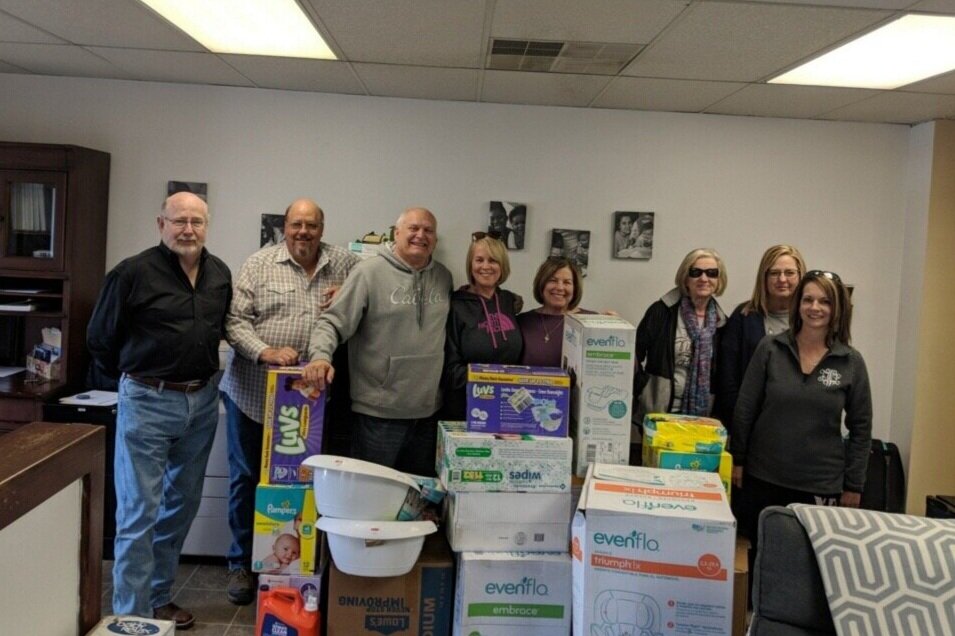
Mercy Manor Exists to Promote Healthy Choices for Future Families.
-
Mercy Manor Exists to Promote Healthy Choices for Future Families. -
WHAT WE DO
MERCY MANOR is a non-profit that exists to promote healthy choices for future families.
As a ministry, our vision is to see individuals facing crisis pregnancy living out their full potential in Christ. We understand the challenges that come with unplanned pregnancies, and whether parenting your child or placing your child for modern adoption, we believe God has a plan and purpose for you and your child—born and unborn!
You don’t have to do this alone!
MINISTRY OBJECTIVES
to provide an opportunity for spiritual growth through a knowledge of Jesus Christ
to enhance self-esteem by developing a sense of acceptance and self-worth
to provide a healthy and secure living environment within the context of a Christian family setting
to provide guidance and direction in areas of career, education, and vocation
to encourage abstinence from any substance, activity, or behavior that is physically, spiritually, or emotionally damaging
to foster financial independence and security
to inform young women concerning parenting and modern adoption options and encourage careful consideration of these options
to teach parenting skills to enhance mother/child relationships
to develop life skills which include social skills, decision-making skills, and stress management skills
to foster responsibility and maturity necessary to maintain independent living and to develop a community support system
to provide an opportunity for recreation, entertainment, and creative self-expression
to provide counsel to the young woman, her family, the birthfather (when applicable) and his family
to fulfill all legal and ethical requirements set forth by the state
Mercy Manor has 3 main goals:
I. Prevention:
Importance of early detection and identification of potential problems.
Promoting awareness, education, and proactive measures.
Using informed care planning to prevent problems from occurring or escalating.
II. Intervention:
Recognizing warning signs and intervening in a timely manner.
Accessible and effective crisis support systems.
Equipping clients with necessary skills for intervention.
Collaboration with community resources and agencies for effective intervention.
III. Treatment:
Individualized care based on specific needs and circumstances.
Connects clients with community resources, healthcare professionals, and additional services as needed.
Utilizing Earn-While-You-Learn classes to ensure effective treatment outcomes.
Planning of care to address short-term and long-term needs.








